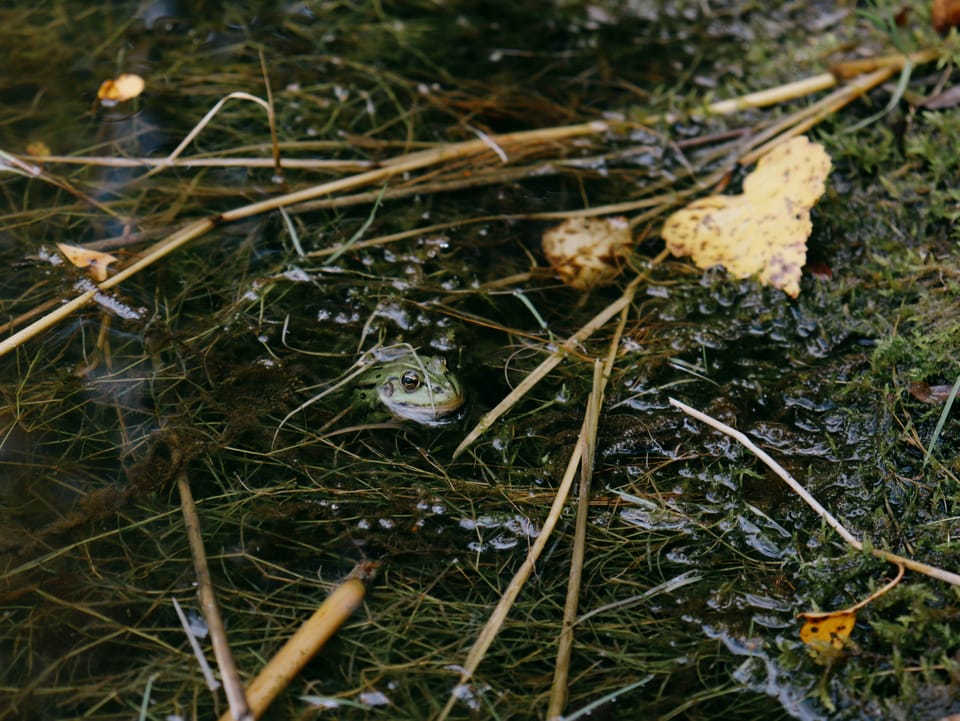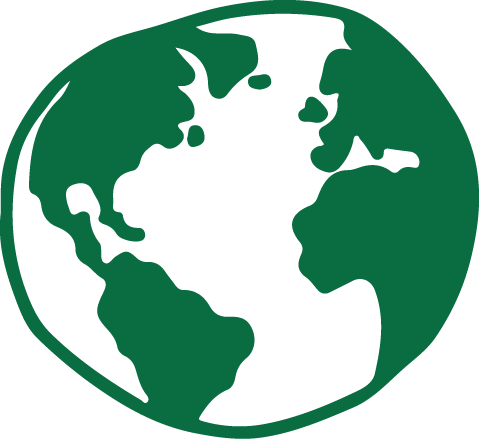On peace and wonder


At what point does travel go from medicine to poison?
When somebody grabbed a dear friend by the balls and asked him what he stands for, he blurted out ‘freedom and creativity’ (it was a dubious tantra retreat, and besides, those kinds of things happen to him all the time.) Ever since hearing this I’ve been asking myself the same thing. The words that keep springing up are ‘peace and wonder’.
Like a magpie collecting memories, scenes and key characters, I have gorged myself on wonder these last five years. I write this essay while plastered to my bed in Devon having just returned from another three months in Mexico. I’m utterly saturated – wring me out and I bleed stories.
Sometimes it’s hard to sort out what happened to me and what happened to the hundreds of people I’ve interviewed during this period. At times, I get random flashbacks of their faces: eyes determined to speak their truth at any cost and those equally resolute to conceal it. For the first time, I can imagine myself collapsing under the weight of their stories.
•••
These last five years have been a fever dream of wonder. The sound of whales singing beneath Pacific waves. The terror of the ocean turning black as a sperm whale swum under my kayak. Trying to pull a sailor back into our dinghy as a determined dugong attempted to rape him in Indonesia (bizarre). Staggering out of a party in an abandoned hotel in Cape Verde to see a leaping dolphin’s silhouette briefly replace the man in the moon. A wandering albatross perched on the mast of our ship, days from land.
This magpie process has churned up darker things too of course. A family of eight sharing a single scrambled egg one terrible drought in Oaxaca’s Sierra Norte Mountains. Husbands who beat their wives when drunk, and women who beat their men for drinking just as soon as they begin to earn their own money. Indigenous communities painstakingly attempting to relearn the language the government explicitly forbade them from speaking decades earlier.
Few things underline the inequality that cripples this world as starkly as travel. How can one make sense of the wealthy Californian locked in a three-month ayahuasca trip in the forests of Peru – long enough that she damn nearly starved watching the dragonflies flit through the gloom – while septuagenarians in Argentina are being tear gassed right now as they protest for pensions that allow them to eat more than once a day? Or the Spanish son of a billionaire who came home to see his father blow his brains out in the drawing room of their Barcelona mansion and now scratches out a living on a smallholding deep in the Lacandon jungle.
•••
Some of the most moving moments have been in all-female spaces in countries where patriarchy is as explicit as a fart. Take the cafe in India’s Rajasthan that is staffed entirely by survivors of acid attacks who use the proceeds to fund reconstructive surgery for their melted faces. From Albania to Cape Verde, there have been women too shy to answer my questions and women whose words tumbled out so fast I could scarcely read the notes I scribbled: words of horrifying deprivation and joy and persistence.
A common theme is the freedom that comes from having the opportunity to earn their own money rather than having to ask their husbands or fathers. “My daughter wants to be a lawyer to fight the injustice our community faces. Soon I’ll have saved enough to buy her a computer,” a Maya woman told me on a farm deep in the Yucatan, as she sorted sweet potatoes so rare they only remain in the backyards of those who inherited the seeds from their grandparents.
•••
Under boulders and on riverbanks, I have unearthed stories of peoples’ complex relationship with land: of forgetting the ways their grandparents farmed and now, as the soil suffers after being assaulted by agrochemicals and water becomes scarcer, desperately trying to relearn that knowledge. Of being displaced by droughts and dictatorship, fighting to come back, then fighting for the opportunity to leave again. An endless wave of dreaming and seeking, each generation locked in its own battle with the siren call of home.
Although a passport strong enough to travel and a remote job are privileges the global majority can scarcely dream of, I resonate with some of the complexities contained in that word, ‘home’. In the last five years I’ve looked for it in Thailand, Melbourne, Rome, Cape Verde and Mexico but have always been pulled back to the UK. In the end, what makes more sense than digging 300-year-old clay pipes up from the stinking mud of the Thames before going home to my grandma’s tea set?
•••
Travel can be the most healing drug but like any medicine it becomes a poison if over consumed. In Mexico City, I crouched in a doorway as two assassins dressed as Deliveroo drivers shot a man 15 times in the chest. Somewhere on the Caribbean Sea, I had a threesome on the deck of a ship as shooting stars burned above and bioluminescent algae bubbled in our wake like the tail of a comet. I’ve weaved too many ‘what could have beens’ with cat-like men with brown eyes and shared a bed with several friends who’ve found themselves unexpectedly pregnant with nowhere to go. I’ve interviewed self-proclaimed peasants, pirates and even a corrupt president.
In short, I’ve glimpsed just what humans are capable of – pretty much anything, particularly when sex or money is involved. While I’m aware of the enormous privilege inherent in this kind of tiredness, the circuit inside my brain has literally been blown by the wonder of it all. For now, I’m focusing on peace. What’s next for this newsletter – or indeed my career as a travel writer – remains to be seen.
I’ll end by challenging you to grab your own balls and ask yourself what you stand for. If anything comes up, please do share. As ever, thank you for being on this trip with me.
Love,
Imogen x

This month’s hotlist
Travel spotlight Community Homestay Network is an NGO that connects travellers in Nepal with female homestay hosts in remote villages where women do not typically have the opportunity to take on paid work. They can organise cultural experiences such as cooking workshops as well as overnight stays and multi-day trips.
Reading Ancient Futures (Local Futures) is a moving portrait of the corrosive impact of globalisation on the Buddhist kingdom of Ladakh by Helena Norberg-Hodge, founder of the charity Local Futures. The localisation movement works to rebuild place-based cultures, strengthening community and our connection with Nature while shortening supply chains.
Learning Solutions Journalism Network aims to support journalists to deliver rigorous reporting about how people are trying to solve social problems and what we can learn from their successes and failures. The idea is to create a more hopeful narrative, so we can all begin to picture a way through the various crises we are facing. The free basic toolkit workshop is a good place to start.
And a bonus… I have just seen that Schumacher College, the great regenerative school that used to be on the Dartington Estate in Totnes, Devon until it was forced to move last September has launched the Schumacher World Wild initiative i.e. courses from friends and alumnae around the world. I’m loving the sound of this one in Lefkada, Greece which asks us to reconsider what is meant by a ‘good life’.

My stories elsewhere
From magazine articles to social media
From Poacher To Protector: Meet The Former Big Cat Hunter Saving Jaguars In Brazil’s Pantanal, SUITCASE
The Best Cafés In Mexico City According To Coffee Connoisseur Valeria Lazcano, SUITCASE
Inside Mexico’s female rodeo culture, Conde Nast Traveller
Three ethical alternatives to Airbnb
Of course, you can always buy my book
The Ethical Traveller: 100 Ways To Roam The World Without Ruining It

Member discussion